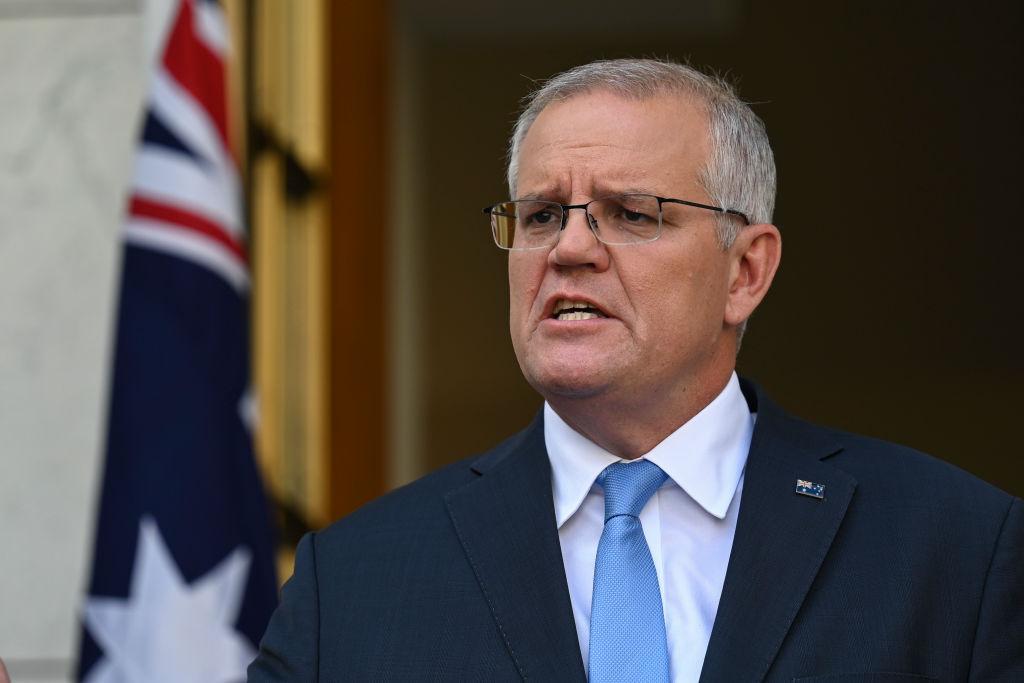Former Australian Prime Minister Scott Morrison has delivered his second warning to Anthony Albanese about the risks surrounding his upcoming trip to China.
Mr. Morrison said the Chinese Communist Party could use the trip and spin the narrative to suggest a “backdown” by the Australian government.





